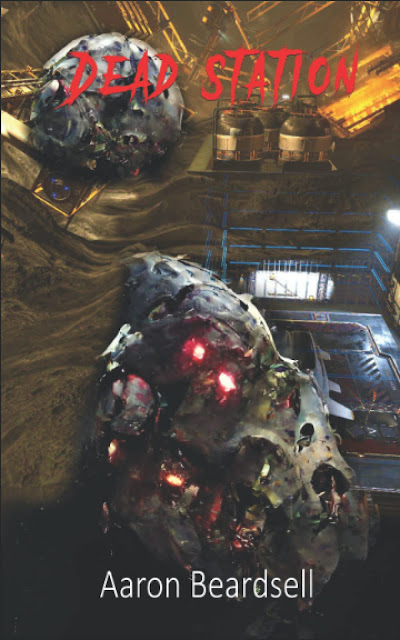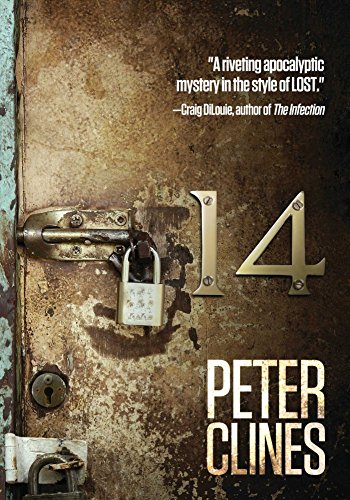In today’s review, we’re visiting Area X in Jeff VanderMeer’s
“Annihilation,” which is one of my absolute favorite examples of modern-day weird fiction/cosmic horror.
***The Non-Spoiler part of this review***
What I love about this book:
The first thing I want to talk about—that I love about this book—is the fact that none of the characters have names in the traditional sense. Everyone is just identified by their role on the team during the expedition, and our protagonist is the Biologist. It really adds to the whole weirdness of the story.
As cosmic horror, “Annihilation” is a high-water mark of the subgenre. I’ve heard VanderMeer called the weird-Thoreau before, and I can tell you it’s deserved high praise. More than anything, “Annihilation” is an atmospheric book to such a finely honed degree that I found myself getting lost in VanderMeer’s lush descriptions of Area X.
There is a pervasive feeling of dislocation throughout the narrative of this book that mocks any form of human intent or investigation. Area X is determinedly unknowable in every sense of the word. It’s a kind of horror that is constant pressure, unlike the jump scare sort, which is all short, intense bursts. Everything—every element of this story—serves that feeling from the human characters not having names but titles, to the bizarre environment of Area X, and how the characters investigating it even got there, or why.
What I don’t love about this book:
“Annihilation” is a short book, and typically, I enjoy a good short book—I’m addicted to hearing, “Audible hopes you’ve enjoyed this program,”—but in this case, it leaves me wanting more, a little more time in Area X. This is what makes the next book in the “Southern Reach Trilogy,” so frustrating for me because it takes place just outside of Area X. The third book scratches that same itch as the first one but there feels like something missing from the whole formula so, it’s only nearly as good. This is more a critique of the series as a whole, but if “Annihilation” had a bit more to it, I don’t think I would be left wanting more.
Half of the expedition team isn’t as fleshed out as the other half. VanderMeer spends all this time creating subtle character development and hints of back story for the Biologist and the Psychologist that the character work for the Surveyor and the Anthropologist suffers noticeably. It isn’t clear why they’re there in the first place. As for the Biologist, or Ghost Bird, as her husband calls her, she’s there, you discover, because she’s an odd bird—sorry, it had to be done.
This preview is an Amazon Affiliate link;
as an Amazon Associate, I earn from qualifying purchases.
***The Spoiler part of this review***
***Ye be warned to turn back now***
The quick and dirty synopsis:
We start “Annihilation” with four women, the Biologist, the Psychologist, the Surveyor, and the Anthropologist. Beyond their titles, we’re never told their names. Everything starts shortly after they enter the mysterious Area X, a coastal location that has been quarantined and studied for the last thirty years. This is the twelfth expedition into Area X. The Biologist, our protagonist, is the wife of one of the members of the eleventh expedition. That expedition was thought lost, but mysteriously, members of the eleventh expedition returned home with no memory of how they got out of Area X. They all soon died of terminal cancer, including the Biologist’s husband.




